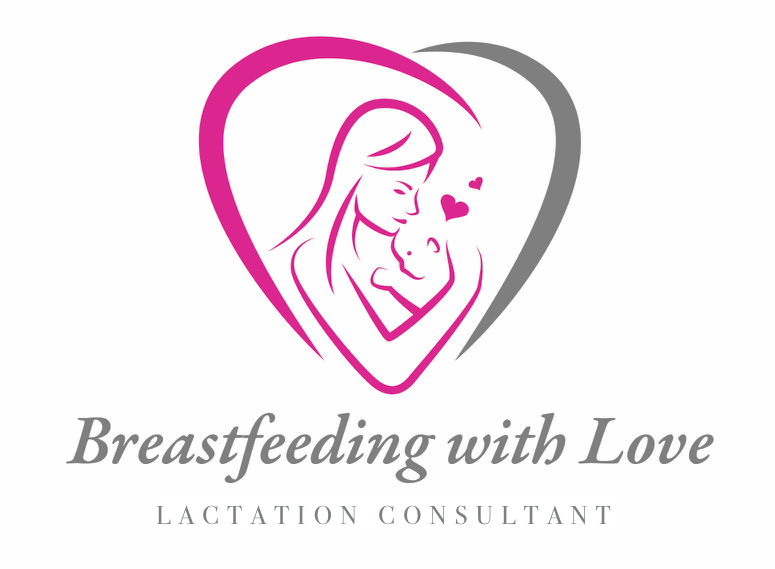Breastfeeding My Baby- Is This Normal?
Please enjoy reading this blog. I am sending everyone my love around the world. Breastfeeding is best for your baby. It has just the right nutrients and vitamins your baby needs. However, sometimes a baby can experience too much gas or develop reflux after breastfeeding. Additionally, some babies experience diarrhea or constipation and are not happy. They begin to cry for different reasons. As you get to know your baby, you will begin to recognize your baby's different cries and know what your baby wants and needs. In this blog, I will discuss what is normal as far as crying, colic, constipation and diarrhea and be spitting up go for your baby. Why is my baby crying? A crying baby is trying to tell you that something is wrong. Your baby can be hungry, have a dirty diaper, needs more sleep, wants to be held, has tummy problems, such as gas, needs to be burped or is too hot or too cold. Hunger is the number one reason baby cries. Recognize hunger cues such as fussiness, a baby smacking of his lips, turning the cheek to find food, rooting,or putting hands in their mouth. Reflux, stomach flu, milk allergy, lactose intolerance, and constipation can be other reasons your baby is crying.What causes constipation and diarrhea and what can you do as a parent to help your baby? Diarrhea can be caused by an infection. It can also be caused by your baby's inability to digest nutrients in the foods moms eat. Call your doctor if you notice blood, pus or mucous in the stool, your baby has a fever, your baby is more irritable or does a lot of vomiting. Also, be aware of your baby refusing to eat, have a darker urine or decreased or increased the activity of bowel movements. Call the doctor if the baby has dry sunken eyes or dry mouth. Your baby can get dehydrated and need medical attention. If constipation is not that severe, you can try to exercise your baby's legs or gently massage your baby's stomach. Normal color for bowel movements can be yellow, green or brown. The consistency can be a little watery to a little hard. Babies can experience gas.They can sometimes swallow too much air if the burp is not burped back up. If the burp gets trapped as it passes through the digestive tract, the baby can get very uncomfortable. Therefore, try to burp the baby when you switch from one breast to the other while breastfeeding. You just fed your baby breast milk and your baby spits up. Spitting up is normal, however, a lot of spit up is not. Some babies experience gastroesophageal reflux, called infant reflux. Call your pediatrician if you are concerned. Remember to keep the baby upright for 20-30 minuted after feeding. Try to feed your baby in smaller more frequent meals. If the baby isn't gaining weight because of too mush spitting up, speak to your pediatrician. Your doctor may prescribe medicine. A baby crying can be colic. Colic is inconsolable crying at least 3 hours a day for at least three days a week. It starts at about 2 to 6 weeks old and can last 3 to 4 months. Colic can be a baby who has gas, too many hormones causing a stomach ache, a baby who is sensitive to light or noise etc....The baby's nervous system is continuing to develop, possibly causing colic. I had many babies who were colic. It can get rough. Just remember to take it one day at a time and nap if you can during the day. Now they have anti-gas drops that your pediatrician can recommend. I heard for some babies they work well and for others they don't work so well. Here are a few things you can try for a baby experiencing colic: Try to play calming music for your baby, rub your baby gently, swaddle your baby, hold your baby upright. Breast milk oversupply can cause colic. Ask a Lactation Consultant for advice on what to do. I have helped many new moms in my private practice to help slow down oversupply and find the right position to breastfeed. In conclusion, if you are concerned about your baby, call your doctor and get a full exam to find out the cause of your baby crying or fussiness. Respond early to signs of hunger. If you see that your baby is uncomfortable, try to move to a quieter room with less visual stimulation. Additionally, a normal range of bowel movement varies from baby to baby. Call your doctor if you feel something is wrong with your baby and your baby may be experiencing constipation or diarrhea.Always follow your heart and motherly instinct and call your doctor if you feel you need to. As your baby grows older, their body will improve. Be patient and things will get better.

